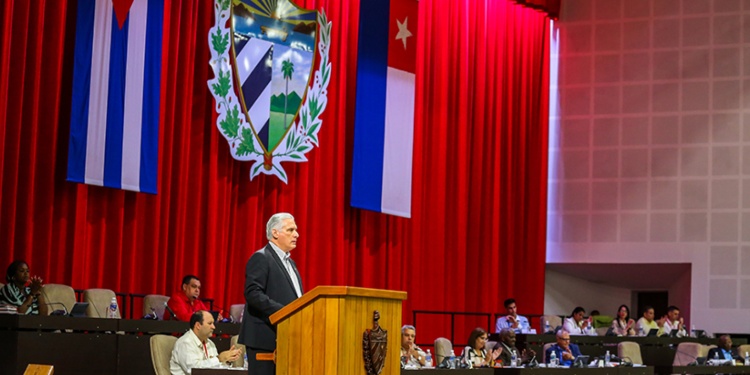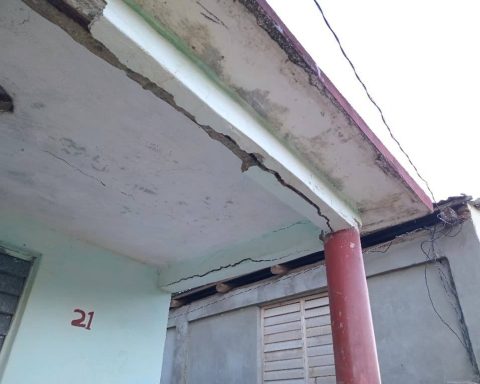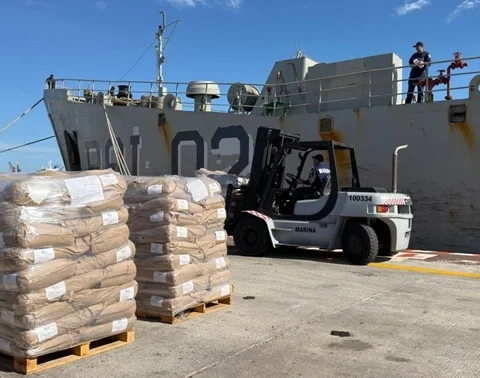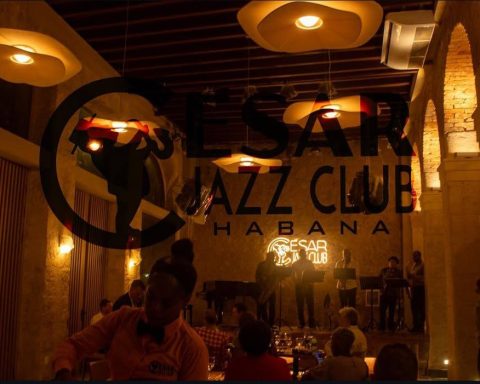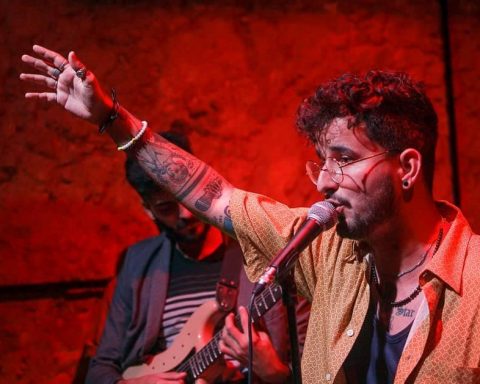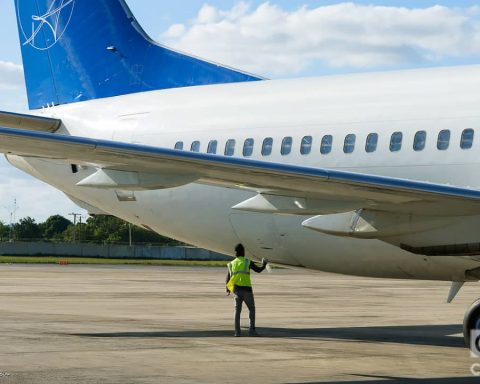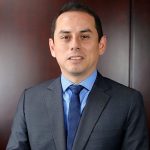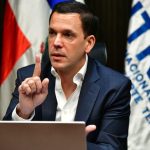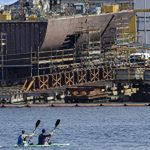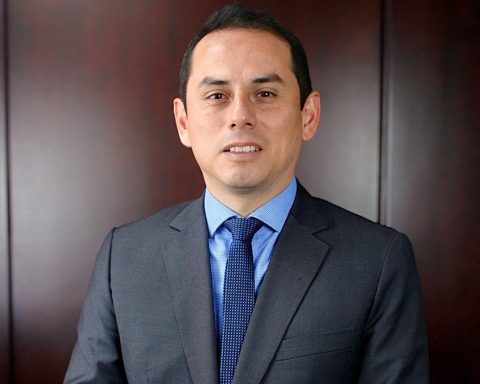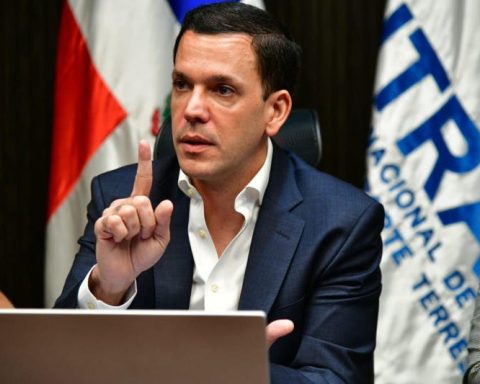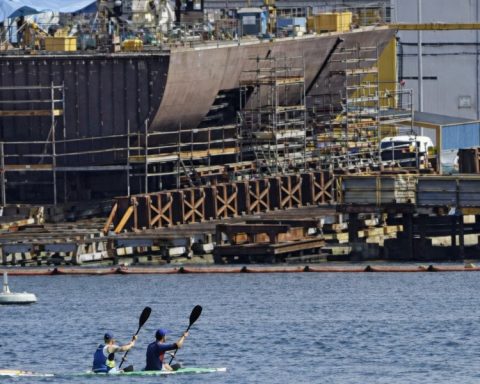SAN LUIS POTOSÍ, Mexico.- At the closing of the third period of the tenth legislature of the National Assembly, the Cuban ruler and first secretary of the Communist Party, Miguel Diaz-Canel, went back on some of his leitmotifs for addressing the Cuban crisis.
Firstly, after several years of being appointed, he said: “Now it is time to change what needs to be changed and move forward on the path undertaken 65 years ago to emancipate ourselves by ourselves and with our own efforts, according to the concept of Revolution that Fidel left us.”
As if taken from a proverb, the ruler referred to the “unanimous” approval of almost all the agreements of the National Assembly, saying that it is a “summary of the country that we are.”
With the same rhetoric that he usually uses about “creative resistance” and other similar phrases, Díaz-Canel strung together a speech full of commonplaces.
The “dictatorship of the people”
Once again, he referred to the “dictatorship of the people” and said: “Cuba is not run by one person, not even by a small group of people. It is a ‘dictatorship’ that the enemies of the Revolution will never be able to understand: the dictatorship of the workers, the dictatorship of the people that we, who are gathered here by popular decision, represent. Therefore, what we discuss here is a guide and what we approve is law.”
In his diatribe against the United States, which cannot be missed in his speeches, he mentioned that in the Congress of that country there are “bandits” and “servants of lobbyists for weapons and other infamous businesses.”
As if there were something to be congratulated about, he also argued that the National Assembly of People’s Power has a “genuinely Cuban” character and “does not pay for overtime,” since the reward for working is “the real and practical possibility of being more useful to society and the recognition of the people we serve.”
With his usual clumsiness and lack of expression, the president offered a speech with the same triumphalist phrases that he uses in his public speeches.
Cuba in “war”
In his speech, he also used his bellicose rhetoric in which Cuba is being “attacked” and is going through a war context.
He argued that the island has been “undermined by bandits who today would be rightly called terrorists,” “its economy has been constantly under-supplied and sabotaged, its relations with Latin America have been broken by pressure from the Yankees,” “who declared us their enemies under an avalanche of lies exalted by the fierce anti-communist propaganda of the Cold War.”
However, and similarly to what he addressed in his end-of-year speech, he stated that although the circumstances are difficult, they will be overcome, because “difficult does not mean insurmountable.”
“It’s like we reached the top of a mountain “It was a very steep climb along winding paths. As has happened so many times over the last 65 years, the climb was arduous and at times we had to turn back, but we made it,” he recalled on December 31.
His speech, which was intended to recount what happened in the ANPP sessions, was a review of the same topics of his public interventions. With low popularity and a country plunged into crisis, the president closed the ANPP sessions where several laws were “approved” and it was confirmed that the fate of the Cuban people continues to be dictated by the communist power elite.
This Tuesday, referring to the banking process implemented by his regime and already having recognized the problems of the Cuban economy, among which he acknowledged “lack of control”, he announced the creation of working groups at the municipal level to address banking and other problems such as the budget deficit and tax evasion.
“We have accumulated many problems,” Díaz-Canel admitted.
Among the problems, he highlighted the lack of availability of foreign currency, which would affect both the state and non-state wholesale market. “The foreign currency that enters the country today is used to purchase food, fuel for electricity and some inputs to produce medicines,” according to Díaz-Canel.
The president also criticized the actions of certain state institutions and the existence of corrupt practices. “There is a group of state institutions that did not do what they were supposed to do to address all of this,” he said.
Follow our channel WhatsApp. Receive the information from CubaNet on your cell phone through Telegram.
